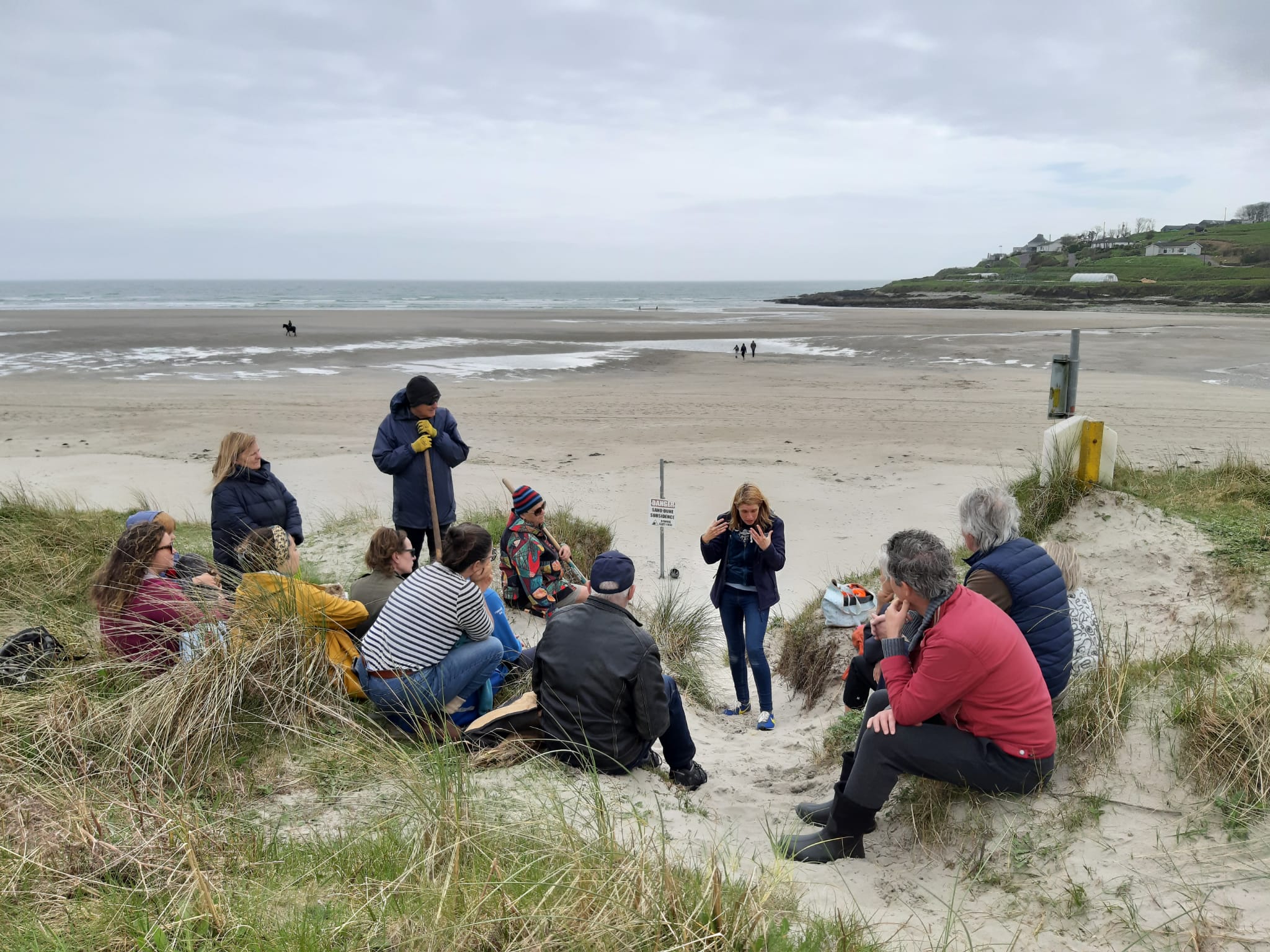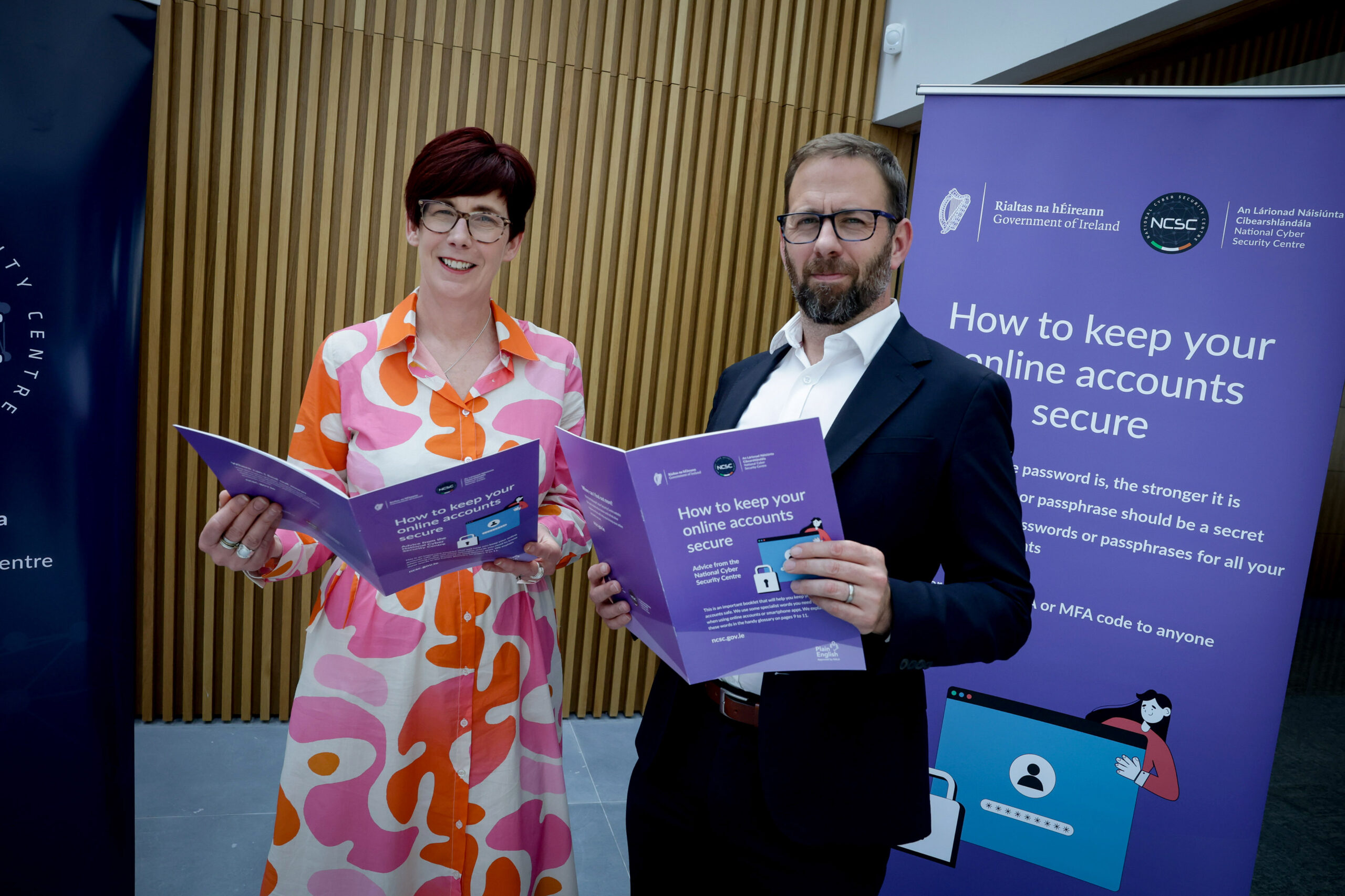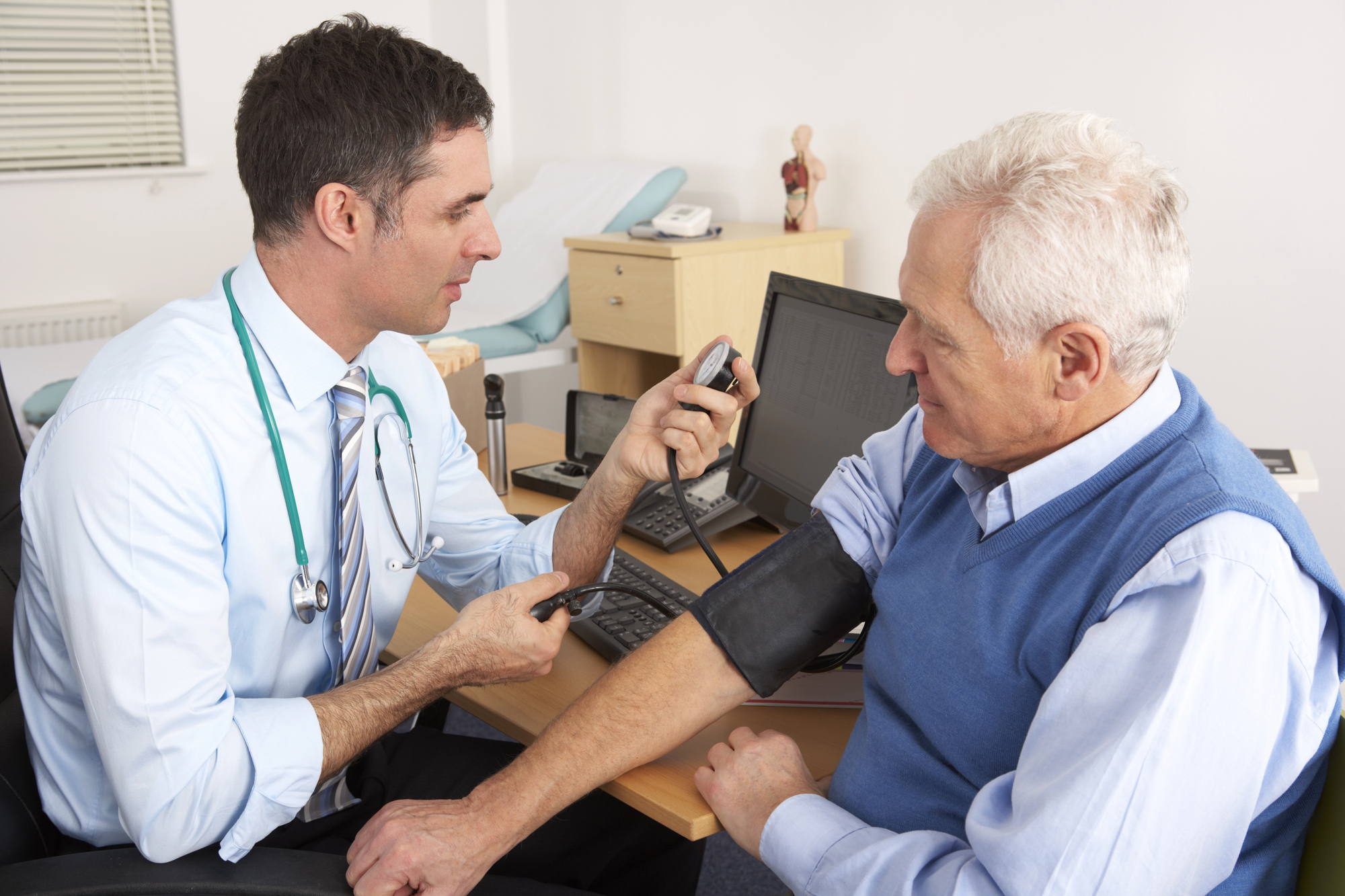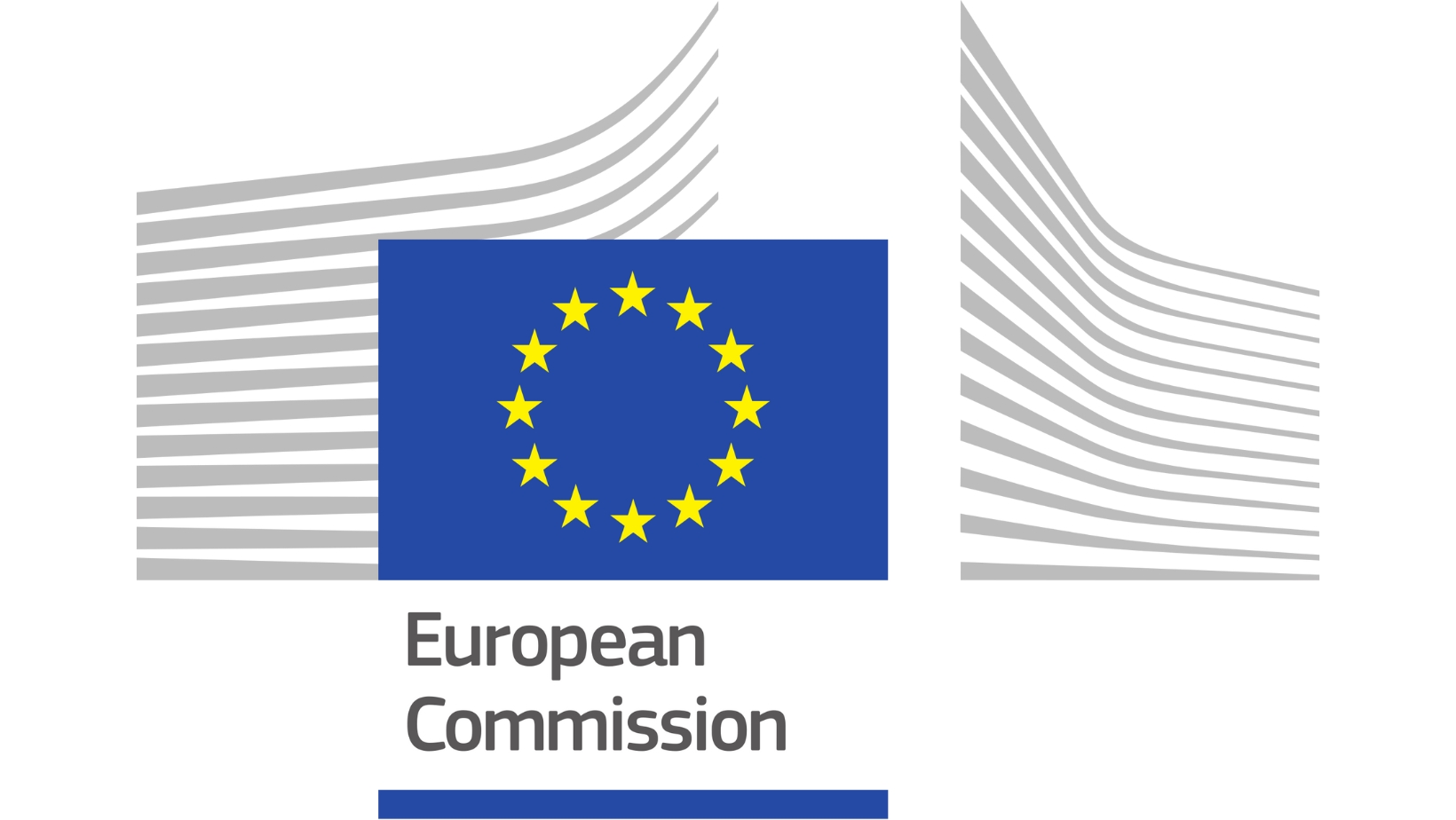Authorities Issue Water and Road Safety Warnings Ahead of St Brigid’s Bank Holiday Weekend
With ongoing recovery efforts from Storm Éowyn and an increased risk of accidents on roads and around water, authorities are urging the public to take personal responsibility for their safety and that of others.
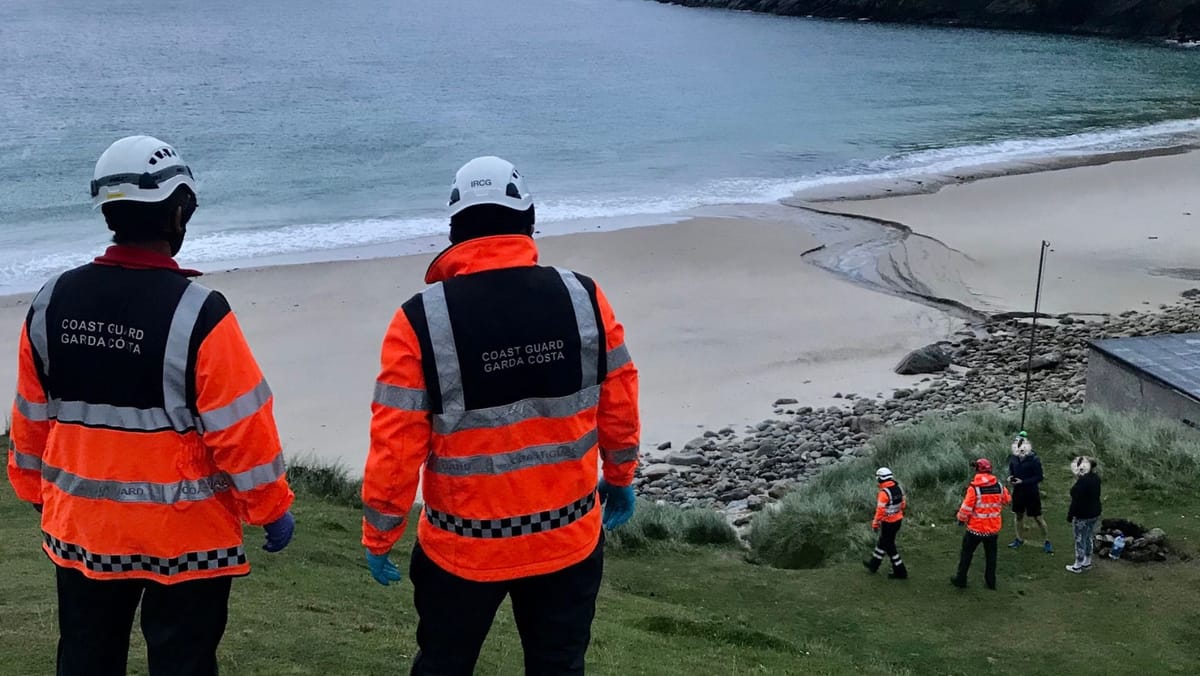
With the St Brigid’s Bank Holiday weekend approaching and in the aftermath of Storm Éowyn, authorities have issued urgent safety warnings regarding water activities and road travel. The Irish Coast Guard, RNLI, Water Safety Ireland, An Garda Síochána, and the Road Safety Authority (RSA) have all appealed to the public to exercise caution during the long weekend, as risks remain high due to storm damage and winter conditions.
Water Safety Alert: Cold Waters and Coastal Hazards
The Irish Coast Guard, RNLI, and Water Safety Ireland have warned that coastal and water-based activities remain hazardous following the impact of Storm Éowyn. The storm has altered terrain and coastlines, making previously safe pathways potentially unstable. Water temperatures also remain dangerously cold, increasing the risk of cold shock and hypothermia for swimmers.
Linda-Gene Byrne, RNLI Regional Water Safety Lead, highlighted the importance of preparation, stating:
“Nobody is ever too far from the coast or a body of water, so taking preventative action and being mindful of the advice related to the water activity you are taking part in might save your life or someone else’s. Plan ahead for your activity and remember that the water is still very cold at this time of year. The coastline may have changed in the recent storm with damage causing potential hazards. Lifeboat crews and Coast Guard teams remain on call, but taking preventative action before you start is always the best option.”
Water safety advice includes:
- Wearing a wetsuit, brightly coloured swim cap, and gloves to retain warmth.
- Acclimatising slowly and using a tow float for visibility.
- Never swimming alone; always have someone monitoring your activity.
For those engaging in coastal walks, authorities urge:
- Staying away from edges and unstable areas.
- Informing someone of your plans and expected return time.
- Carrying a means of communication for emergencies.
- Checking weather and tide forecasts to avoid getting stranded.
If you witness someone in distress in or near the water, call 112 or use VHF radio CH 16 and request the Coast Guard.
Road Safety Warning: High-Risk Periods Identified
An Garda Síochána and the RSA have issued a strong appeal for road users to take extra precautions during the St Brigid’s Bank Holiday weekend, with statistics showing peak hours for serious road traffic collisions between midday and 3pm over the holiday period. Additionally, data indicates that young drivers under 25 are at an increased risk, particularly when driving at night.
Assistant Commissioner Paula Hilman of An Garda Síochána urged motorists to remain vigilant, saying:
“This winter is proving extremely difficult for people in different ways, and the weather conditions have made driving that bit more dangerous and hazardous. The combination of high winds, icy temperatures and rain that have hit Ireland in recent weeks mean that the roads are treacherous at times. Those people who have a journey to make by car this weekend, especially in areas still impacted by the storm, please make sure your focus is on the road and drive with extra caution.”
The Garda Roads Policing Operation, which began on Thursday, 30th January and runs until Tuesday, 4th February, will focus on the four main causes of fatal and serious collisions:
- Intoxicated driving
- Speeding
- Mobile phone use
- Not wearing seatbelts
Motorists are being urged to plan ahead if socialising, leaving their cars and keys at home, and arranging alternative transport. Walking or cycling under the influence is also being discouraged due to the associated risks.
Storm Éowyn Aftermath: Debris and Road Hazards
Authorities remain concerned about the lingering effects of Storm Éowyn, with fallen trees, debris, and damaged infrastructure still posing dangers, particularly in the worst-hit regions. Weak or damaged trees and poles may still collapse, further obstructing roads.
The public is also being reminded to stay away from fallen or low-hanging power lines and to report any hazardous electrical infrastructure to ESB Networks at 1800 372 999.
RSA Chief Executive Sam Waide emphasised the need for all road users to remain alert, stating:
“We are asking all road users to stay safe this bank holiday weekend. Many roads are still showing the after-effects of Storm Éowyn and we ask people to slow down, particularly on rural roads, with wet and windy conditions continuing. Unfortunately, killer behaviours persist on our roads, so it is more important than ever that drivers do not speed, use their mobile phones or consume alcohol or drugs.”
Young Drivers at Increased Risk
Statistics from the Garda Analysis Service show that young drivers aged 17-25 are twice as likely to be involved in fatal or serious road traffic collisions during nighttime hours. Alarmingly, those aged 17-20 are more likely to be involved in a fatal crash than one resulting in serious injuries.
Minister of State at the Department of Transport, Seán Canney T.D., called on young drivers to take responsibility for their safety:
“Reducing speed on local rural roads is a step in the right direction towards tackling the unfortunate increase in fatalities and serious injuries we have seen in recent years. By slowing down, drivers increase their reaction time and reduce the severity of any collision that might occur.”
Last year’s St Brigid’s Bank Holiday road safety operation recorded:
- 2 road fatalities
- 11 serious injury collisions affecting 12 people
- Nearly 3,000 drivers caught speeding
- 161 arrests for intoxicated driving
- Over 100 unaccompanied learner drivers having their vehicles seized
With road conditions remaining unpredictable due to weather damage, authorities are urging all motorists to slow down, expect the unexpected, and prioritise safety.
Community Vigilance Encouraged
As communities continue to recover from Storm Éowyn, Gardaí are urging people to check in on vulnerable neighbours and loved ones, particularly those who may be isolated due to storm damage.
Assistant Commissioner Hilman added:
“If anyone finds themselves in need of help or support this Bank Holiday Weekend, be it while using the roads or in difficulty without water and electricity, please get in touch with us. We will be continuing to check on older or vulnerable people and will be out on patrol so please stop us or contact us if there is anything we can do to help keep you safe.”
Conclusion
With ongoing recovery efforts from Storm Éowyn and an increased risk of accidents on roads and around water, authorities are urging the public to take personal responsibility for their safety and that of others. Whether swimming, walking along the coast, or travelling on roads, careful planning and adherence to safety guidelines can help prevent tragedy this Bank Holiday weekend.
For emergencies, contact 112 or the relevant local authorities for assistance.
